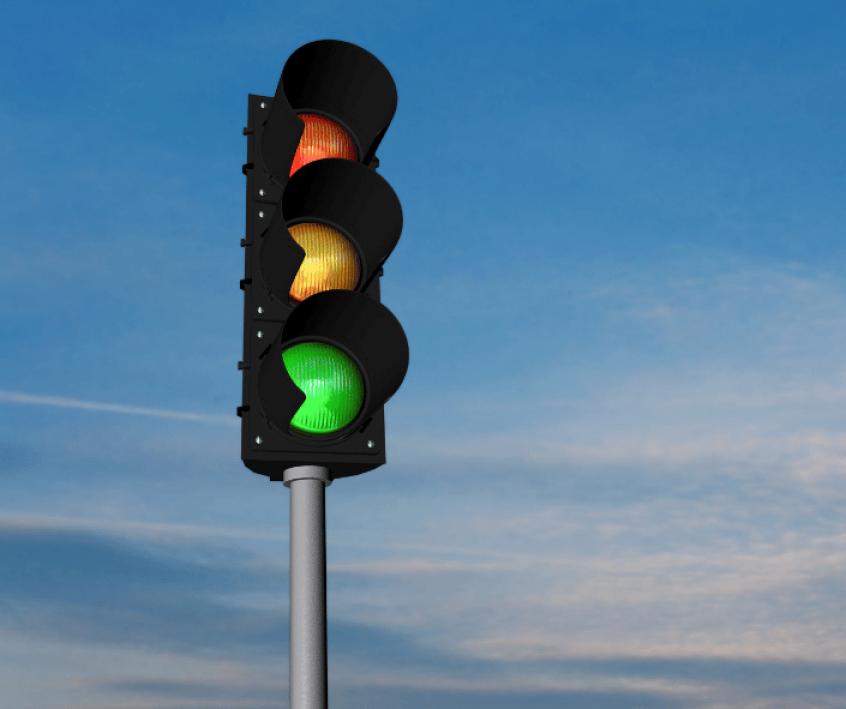
Losing a driver’s license can have devastating consequences, affecting employment, family obligations, and daily life. Traffic law provides several avenues for drivers to fight suspensions and regain limited driving privileges, but success often depends on timely action.
Suspensions occur for a variety of reasons, including DUI charges, excessive traffic violations, reckless driving, and failure to pay fines or child support. Some states use a point system, automatically suspending licenses when drivers accumulate too many violations within a set period.
Drivers charged with DUI or other serious offenses often face two separate processes: criminal court and an administrative license hearing. Administrative hearings focus solely on driving privileges and typically occur quickly after arrest. Missing these hearings often results in automatic suspension.
Many states allow restricted licenses during suspension periods, enabling individuals to drive for essential purposes such as work, school, or medical appointments. Petitioning for a hardship license requires demonstrating financial or personal hardship and strict compliance with court orders.
Drivers may challenge suspensions by arguing procedural errors, inaccurate test results, or improper police conduct. In DUI cases, for example, challenging the legality of a traffic stop or the reliability of a breathalyzer can prevent license suspension.
Traffic attorneys understand state-specific laws and deadlines for appealing suspensions. They help drivers prepare evidence, represent them in hearings, and negotiate for reduced penalties. In many cases, legal intervention can mean the difference between losing and keeping essential driving privileges.